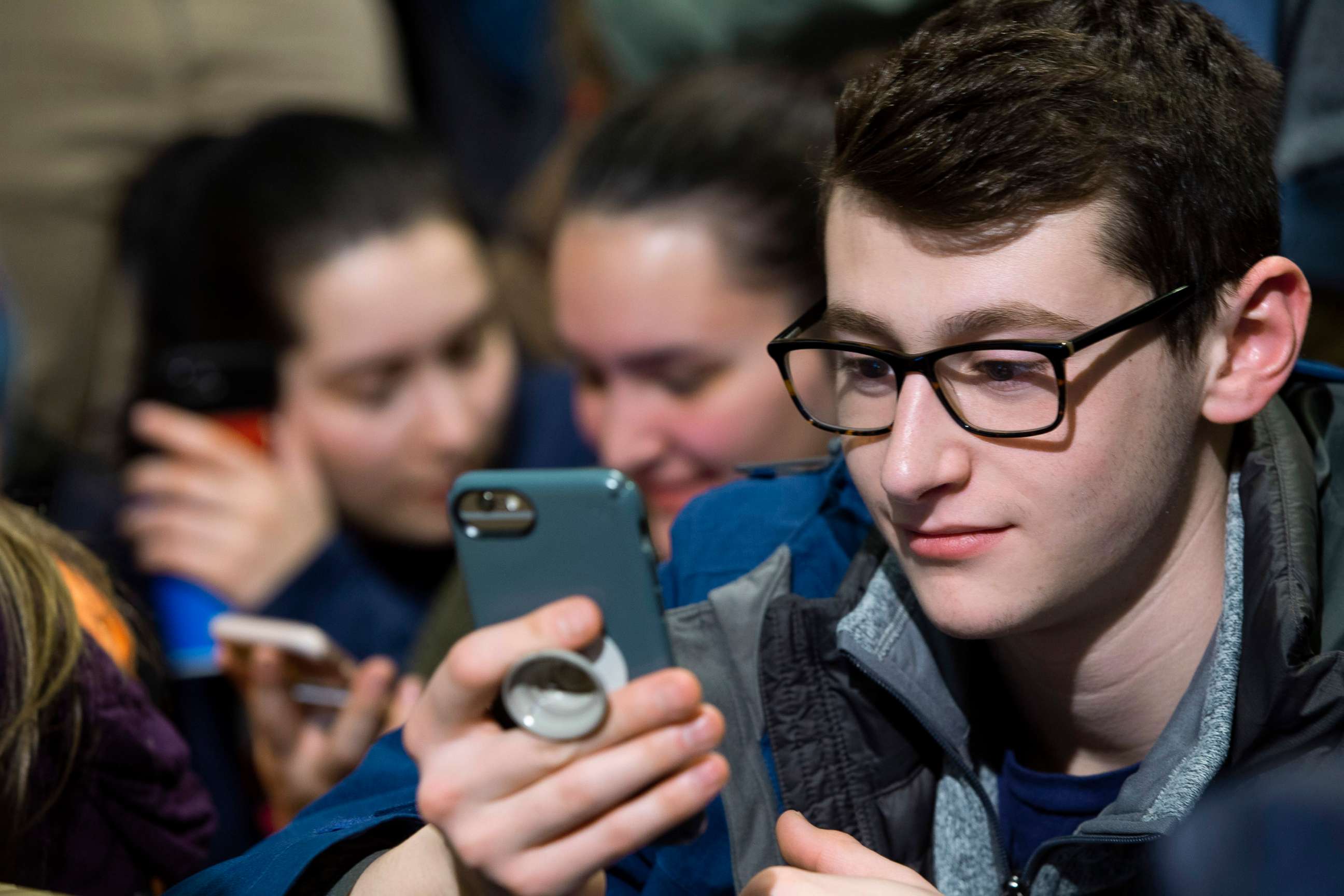Younger people more likely to believe COVID-19 misinformation, Harvard survey finds
The survey comes as officials express concern over rising cases in young people.
Younger people are more likely to believe false claims related to the novel coronavirus than older people, according to a new survey released Tuesday by a team of researchers at Harvard University, Rutgers University, Northeastern University and Northwestern University.
The survey of nearly 22,000 individuals from all 50 states comes as a slew of misinformation surrounding COVID-19 is spreading online as the pandemic rages on, and as health officials express worry over rising cases among younger Americans.
The researchers assessed respondents' acceptance of 11 of the most popular false claims that have been circulating in cyberspace and beyond since the beginning of the pandemic -- including that the disease was caused by humans eating bats, false prevention claims and more. It was conducted between Aug. 7 and 26.
People under the age of 25 had an 18% probability of believing a false claim, compared to only 9% of people over 65, the researchers found.
"Indeed, across the 11 false claims, we find a clear pattern: the older the age group, the lower the average level of belief in false claims," the study states.

Respondents in the age group of 25 to 44 were 17% likely to believe a false claim and the group of 45 to 64 had a 12% probability of believing a false claim.
The researchers also found insights into some of the most-believed false claims swirling among various age groups.
Some 28% of respondents under the age of 25 believed that humans originally contracted COVID-19 by eating bats, according to the survey. Only 6% of respondents age 65 or older believed that same false claim.
Moreover, 25% of respondents under the age of 25 believed that the virus was created in a Chinese weapons lab and that taking antibiotics protects against COVID-19.
Another troubling find was that 24% of those under 25 believed that only people over the age of 60 are at risk from COVID-19. This figure was slashed in half to 12% among those over 65.

The Centers for Disease Control and Prevention released the results of a new study on Wednesday showing the demographic of people infected with COVID-19 has shifted significantly toward young people and away from older adults in recent months. The median age of those infected declined from 46 in May to 38 in August, according to the study, and 20% of all confirmed cases in July and August came from individuals 20 to 29 years old.
In June, House Speaker Nancy Pelosi, D-Calif., put the blame on social media giants for many of the bogus COVID-19 claims, claiming they were even profiting off the misinformation.
Some have also blamed President Donald Trump, who has faced scrutiny from health officials and more for some of his false claims about the disease.




